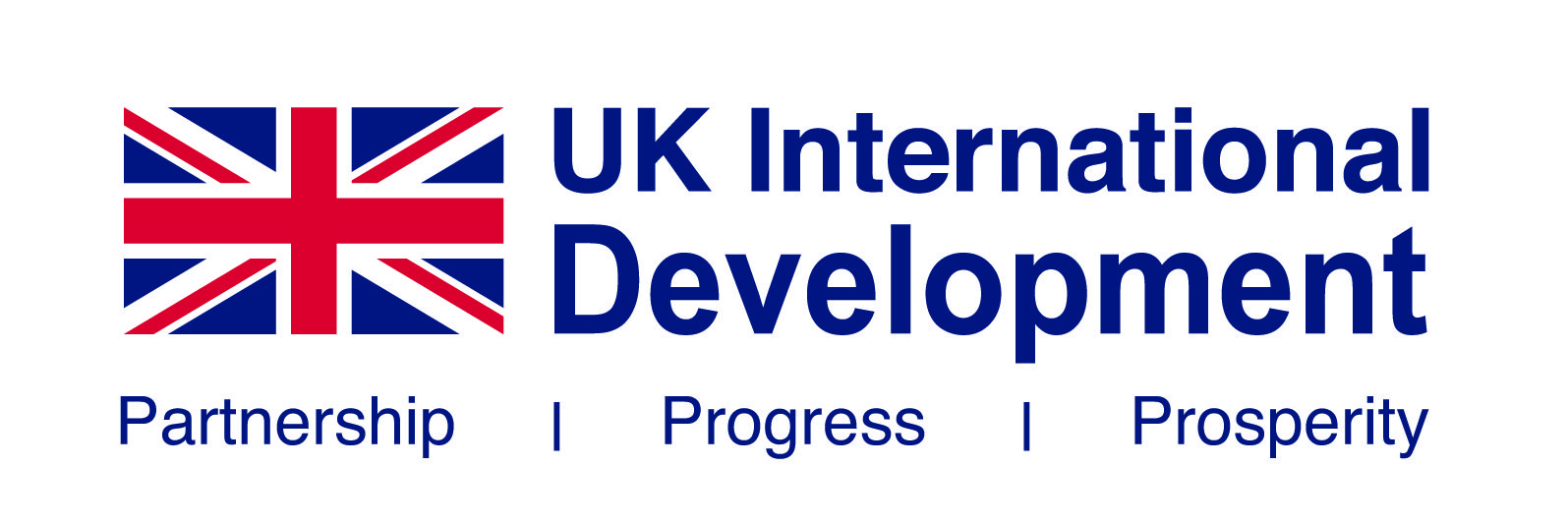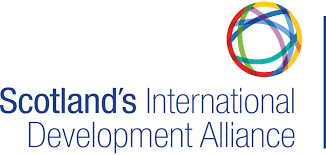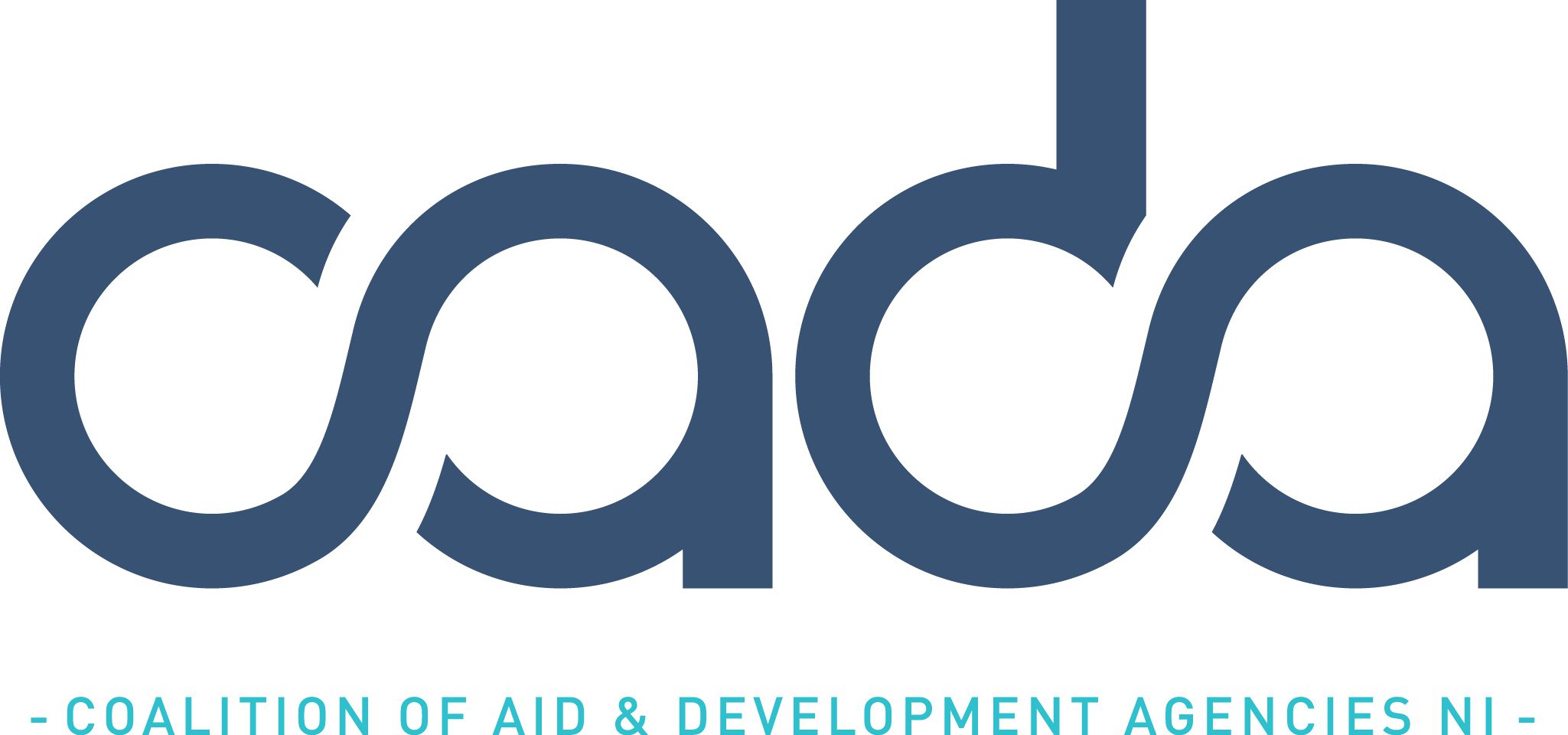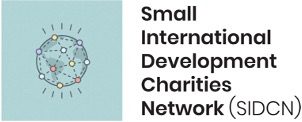21 February 2024
Locally-Led Development: SWIDN’s Plans for 2024

This year, SWIDN will be focusing some of our events and our annual conference on the theme of ‘locally-led develoment’. This is partly a result of the focus on this in last November’s White Paper on International Development from the UK Government, partly from what we’re hearing from the Opposition in relation to their values on ‘international development’, but mainly because we see this is the direction that our sector needs to be going in. We want to ensure our members stay relevant and resilient to this shift by resourcing this learning.
SWIDN is an unusual organisation as we’re a national charity – we don’t do anything outside the UK and all our members are UK registered – but our focus is international, in that all of our members work outside the UK. Coming up with our own approach looks a bit different to that of most of our members but we’ve been asked what we mean by ‘locally-led development’ and so we wanted to write this blog as a way to start the conversation.
We think that shifting the focus in international development towards locally-led development is an essential part of decolonising the sector. We’ve held several events over the last few years that explore what decolonisation should and can look like in our sector. Simply put, it means shifting the location of knowledge, practice, decision-making, power, values and ownership out of countries in the ‘Global North’ like the UK and into the countries in which humanitarian and development programmes are implemented. This needs to happen if approaches to achieve the SDGs are going to be owned and led by people in their own communities, and UK organisations play a big role in enabling this shift.
When thinking about practical ways to put that into action, we’ve learnt a lot from feminist Chandra Mohanty, an academic based in the US. She writes about the way that countries considered ‘Global North’ understand and engage with less economically developed countries and cultures, and she has 3 guiding principles that SWIDN will be using in our work in 2024.
1) It’s important to pay attention to the analytical framework we are working with. This is the assumption that traditional donor countries like the UK are ‘developed’ and that countries where we implement programmes are ‘developing’. On the surface, this can feel a frustrating ask to many of us who are working for social justice issues and engage with the very real inequalities between the UK and the countries where we work. But Mohanty is calling out the colonial framework that places hierarchies of value on some social measures and not on others, and assumes that Western values are best. It’s a framework that, however subtly, guides the way we interact with people and places as being in ‘deficit’ from an assumption of Western superiority. This assumption enables an imbalance of power that works against localisation.
In 2024, SWIDN will be facilitating opportunities to understand, challenge and shift the analytical framework in our sector. Internally, we’ll be taking a new Anti-Racist Policy to our board for sign-off. For our members, our first training on Localisation will be in April 2024 and will explore some of the ways we as organisations operate and whether our ways of working encourage or discourage locally-led development, with a focus on localisation as anti-racist practice. You can find out more information here.
2) It’s important to educate ourselves about the histories, practices and politics of the people and places in the countries we work in. Chandra Mohanty reminds us that the knowledge we consume has its own political agenda, and that understanding this is really key to shifting the frameworks we use to analyse and engage. Recognising where the knowledge you access comes from and who produced it is a big part of shifting our framework towards locally-led ideas, solutions and priorities.
In 2024, SWIDN will be monitoring the demographics of those we platform at all our learning events. Our aim is to shift the location of knowledge that enables our learning to the countries where our members work. We want to make sure that the expertise guiding our work and informing our best practice is grounded in experience from the communities in which our members operate. We’re busy planning a year of events that continue to enable peer learning here in the South West, as well as bringing in expertise from lower and middle income countries. We will report on this in our Annual Report.
3) It’s important to develop priorities that are not ours but those generated by our Southern partners. This is a reminder of the value of partnerships, of shifting our ways of working towards enablers and resourcers and away from leaders and managers. The resource listed below from Peace Direct provides more information on what this could look like.
SWIDN has had sessions on equal partnerships in previous conferences and will be looking at moving to models of locally-led development with existing partnerships in our plans for this year’s Annual Conference on 17 October 2024. Before then, we’ll be starting this work with an online celebration for International Women’s Day on Thursday 7th March 2024 1-2.30pm which hears from women’s grassroots organisations in Uganda and Zimbabwe. You can find out more here.
As ever, we’d love to hear your views and feedback. If you’d like to chat more about localisation or decolonisation, please get in touch with Hannah via hannah@swidn.org.uk
We’d like to share some additional resources we’ve found helpful:
Interview with Chandra Mohanty at VIDC – Solidarity Across Borders
Transforming Partnerships in International Cooperation
Becoming Locally-Led as an Anti-Racist Practice
Four Transformative Actions to Localise International Development










